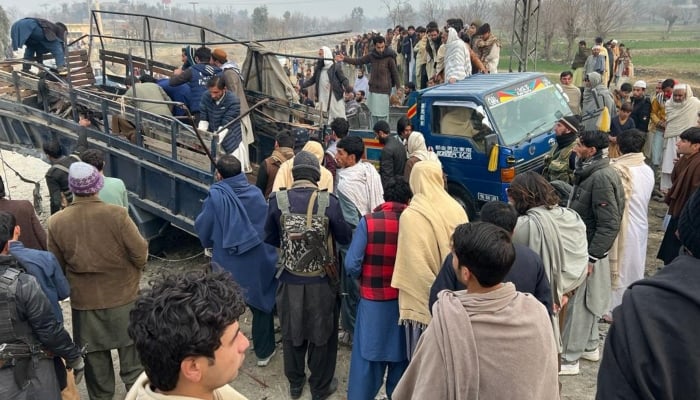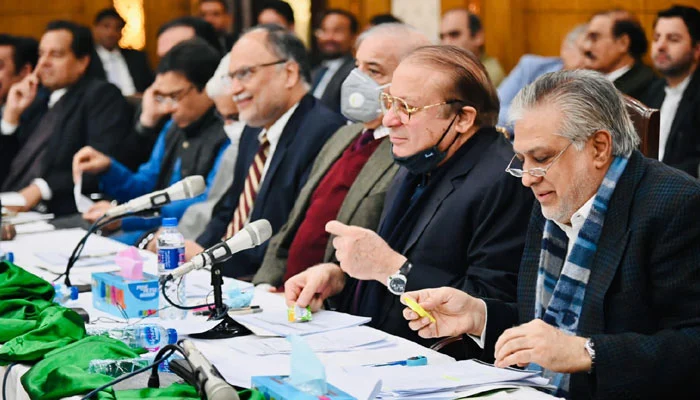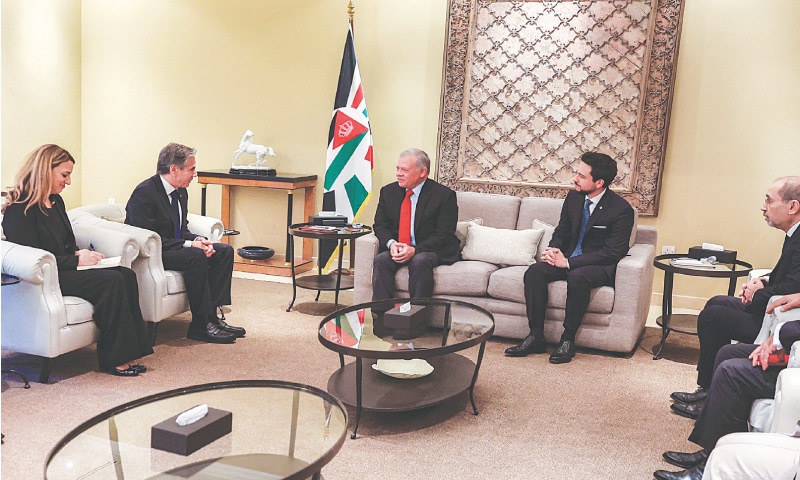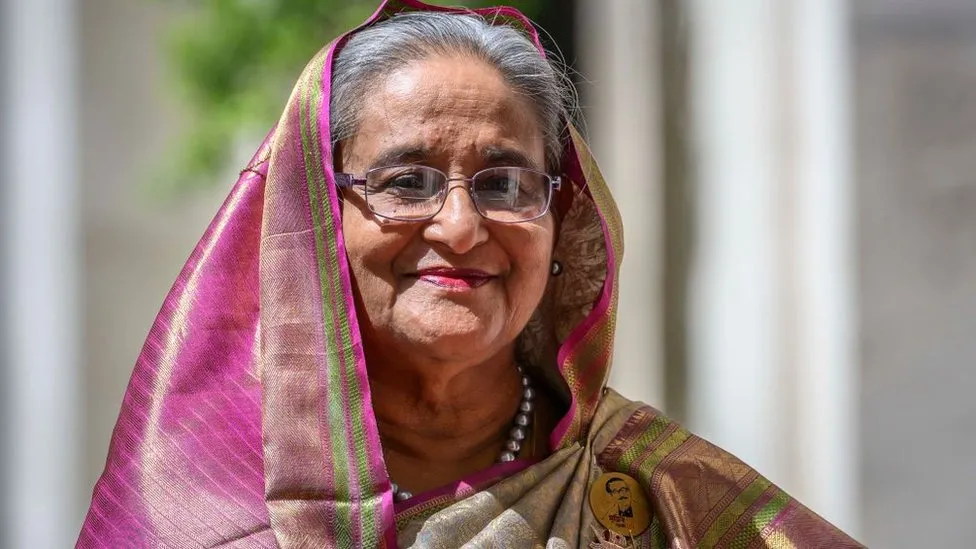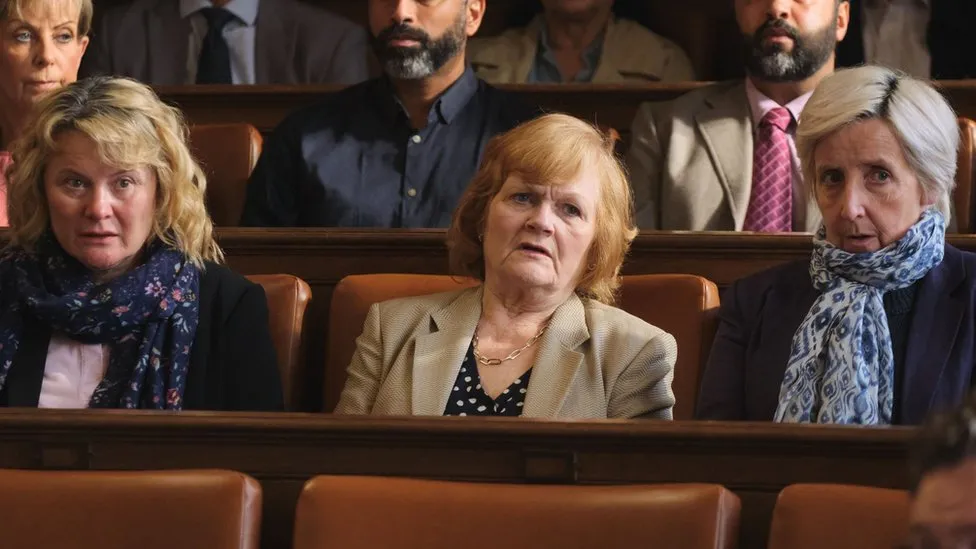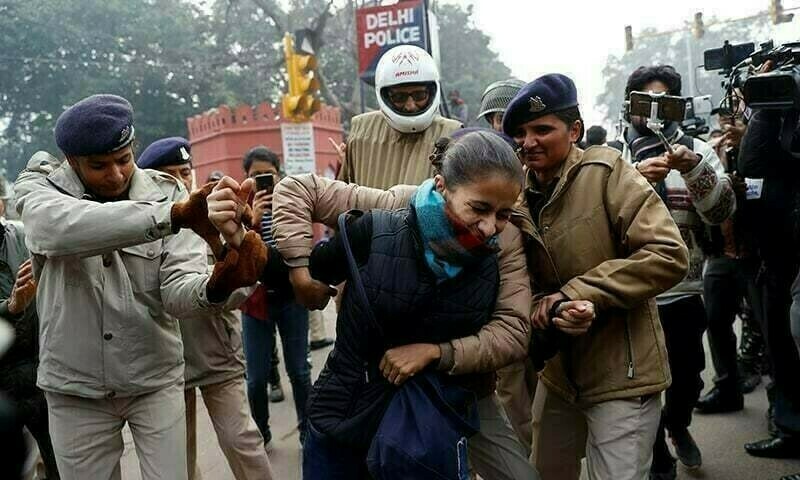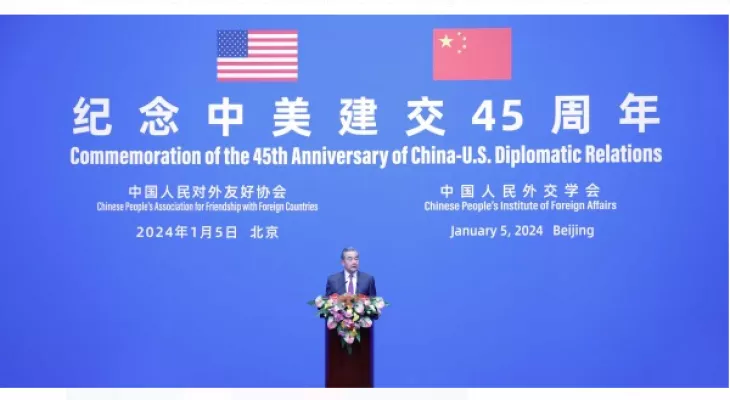BAJAUR: At least five police officials were martyred and 22 were wounded Monday in a bomb explosion targeting a police vehicle in Mamund tehsil of Bajaur district,
Police said the cops were going to provide security to polio vaccination teams. More deaths were feared in the incident, they said.
The deceased and injured have been shifted to Khar hospital, where an emergency was declared, they added. Police said blood donation was sought by the hospital for treatment of the victims.
The police spokesperson said all the casualties were police personnel.
Pakistan Peoples Party (PPP) Senator Sherry Rehman condemned the attack on the police officials deployed for the security of the anti-polio team in Bajaur.
Taking to X, she said the PPP stands in solidarity with the families of the five personnel martyred in the explosion.
“Terrorists have attacked not only the police but also the health of our children. An attack on the security of the anti-polio team should not be tolerated under any circumstances, it is directly related to the health of our children,” she said.
Sherry said the miscreants did not want the complete eradication of polio from the country. The terrorists involved in the incident should be arrested immediately and punished severely, she demanded.
Caretaker Khyber Pakhtunkhwa Chief Minister Syed Arshad Hussain Shah condemned the blast and expressed grief over the loss of lives. He also condoled with the victims’ families.
Shah directed the district administration to immediately provide health facilities to the injured.
“Such cowardly attacks will not dampen the police’s spirit. KP Police have given numerous sacrifices for the protection of people’s lives and properties,” he said adding that the martyrs’ heirs would not be left alone and they would be assisted through every possible means.
On December 1 of last year, a policeman was killed when militants attacked a polio vaccination team, AFP had reported. The incident occurred in Malik Din Khel, part of the former tribal border region.
“Two gunmen riding a motorbike opened fire on policemen guarding a two-member polio vaccination team,” district police chief Saleem Khan Kulachi had told AFP.
Pakistan and neighbouring Afghanistan are the only two countries where polio remains endemic and vaccination teams are frequently targeted by militants.
All preparations have been made for the seven-day nationwide anti-polio campaign starting Monday (today).
Karachi Commissioner Muhammad Salim Rajput has directed polio workers to achieve a 100 per cent target in vaccinating children under five years of age with polio drops for at least the next five years. He stressed that unless every child receives these drops, the threat of the polio virus spread will persist.
Efforts have also been made to persuade parents who refuse vaccination for their children. Comprehensive plans are being made, and lists of children and their parents, along with reports on barriers to vaccination, have been prepared.
Those refusing vaccination have been identified, and field workers are actively involved to ensure no child is deprived of polio drops, said the commissioner. Meetings have been held with community mobilisers from over 450 areas in District East and District Central. They were reminded that achieving a 100 per cent target for vaccinating children against polio over the next five years across the country is crucial. The officials emphasised the necessity of parental cooperation to ensure no child misses out on polio drops.


